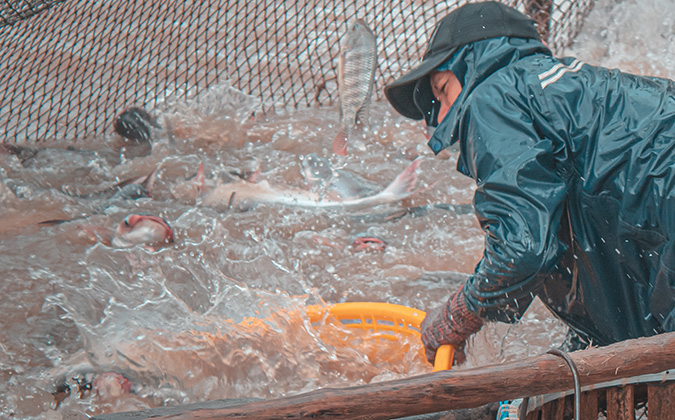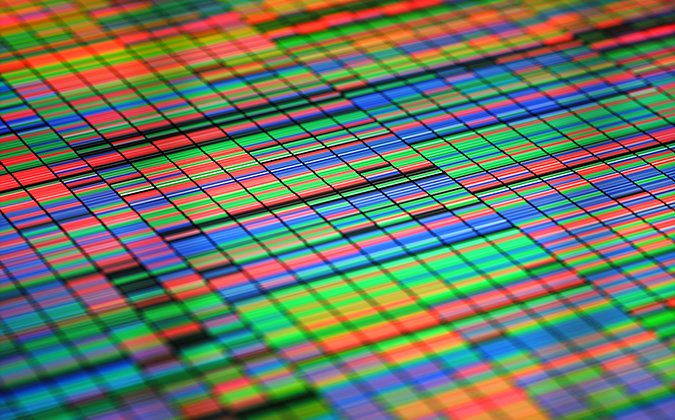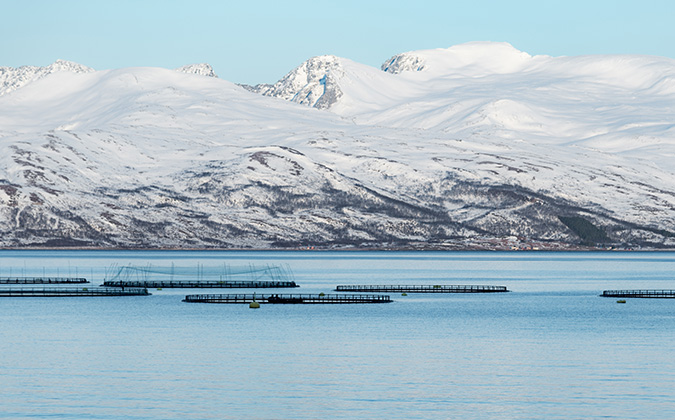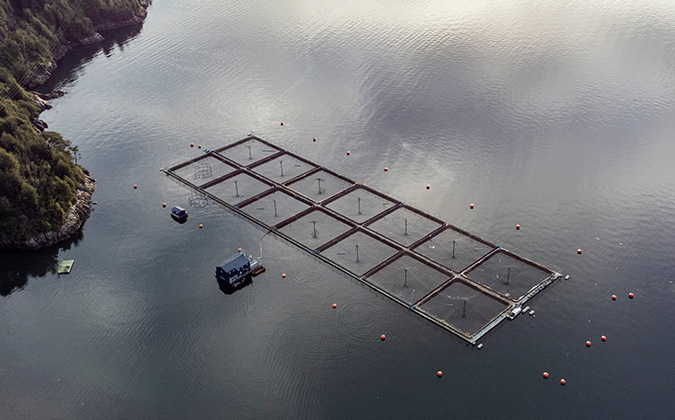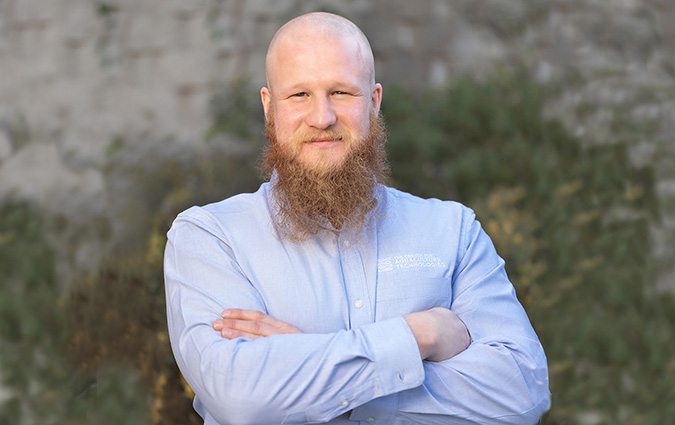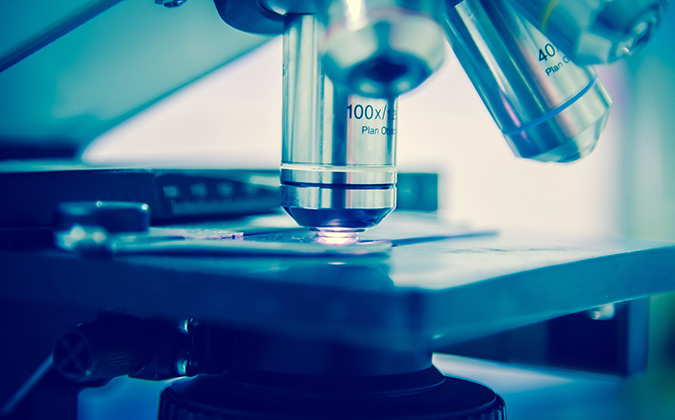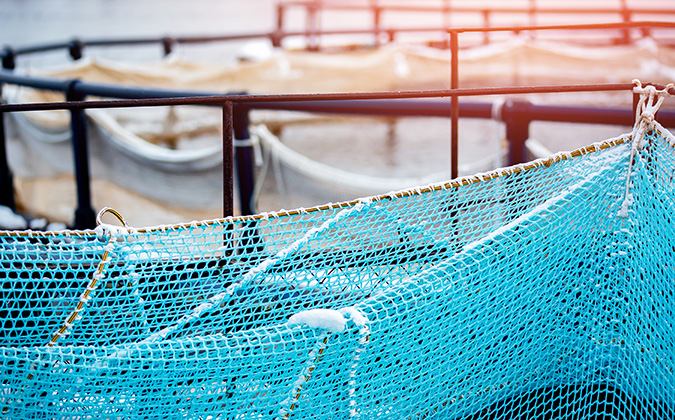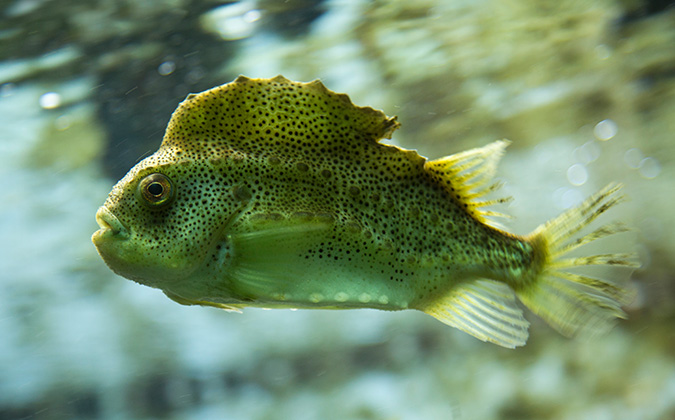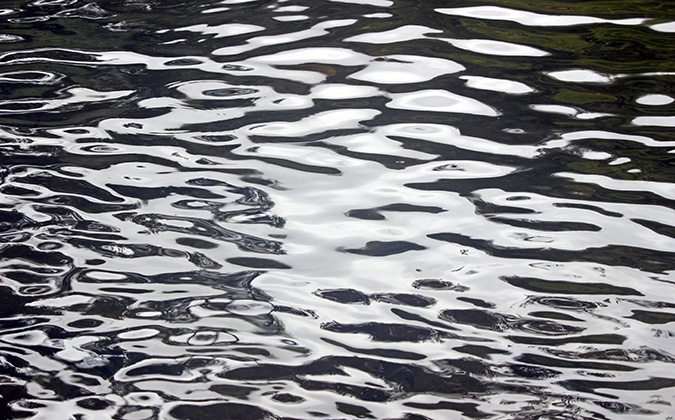Posts by Carly Feeks
Understanding, but not application, of sustainable health measures in Vietnam’s pangasius industry
Pangasius farmers in Vietnam generally view vaccination in a positive light and are concerned about antibiotic use, although further work is required to ensure sustainable practices are widely implemented, new research led by University of Stirling suggests.
Read MoreStudy tracks salmonid alphavirus transmission in Norwegian aquaculture
New genomic analysis of salmonid alphavirus subtype 2 (SAV2) samples from Norway has shed new light on how the pathogen has spread through the country since its introduction in 2010.
Read MoreDistinct bacterial variants make winter ulcer diagnostics ever-more important
A complex genetic picture is posing problems for Norwegian salmon farmers managing stocks affected by winter ulcer.
Read MoreNovel parasiticide part of quest for long-lasting sea lice control in Chile
Currently, almost all Atlantic salmon producers affected by caligidosis have incorporated Alpha Flux as a useful and effective tool in their parasite-control strategy.
Read MoreHow to bring the pen to the tank — without compromising fish disease-research strength
In-tank studies remain the bedrock of research into aquaculture disease, but their design is changing to meet demands to replicate scenarios closer to field conditions, according to Mark Braceland, PhD, director of fish health at the Center for Aquaculture Technologies.
Read MoreDiversity of sea bass pathogen strains highlights challenge in Mediterranean aquaculture
A new study analyzing three strains of the bacterium Vibrio harveyi found among farmed sea bass in the Mediterranean has underlined the diversity of the pathogen, which poses a severe threat to the region’s aquaculture.
Read MoreTracking salmon through production offers new insight into gill disease
Gills coinfected with three or more pathogens is the “norm” in Western Norway’s salmon aquaculture, new field data suggests — but Neoparamoeba perurans is that which appears to be predominantly linked with gill disease.
Read MoreUser-friendly tools put cleaner fish welfare in the spotlight
A package of tools designed by scientists at Swansea University has been made available to help producers monitor the welfare of lumpfish, commonly used as biological control for sea lice on salmon farms.
Read MoreLow-light conditions affect tilapia survival and disease resistance
Light can affect the survival, growth and immune response of fish. New research shows that persistent exposure to low-intensity light decreases the survival rate of Nile tilapia but stimulates their disease resistance.
Read MoreNew system to assess gill disease could help salmon producers
Gill disease in Atlantic salmon is caused by a number of pathogens and has different clinical and pathological signs. This means that to date, there has been no standardized methodology developed for field diagnosis, despite the fact that gill health issues are a growing concern for salmon producers in all the major salmon-producing nations.
Read More
